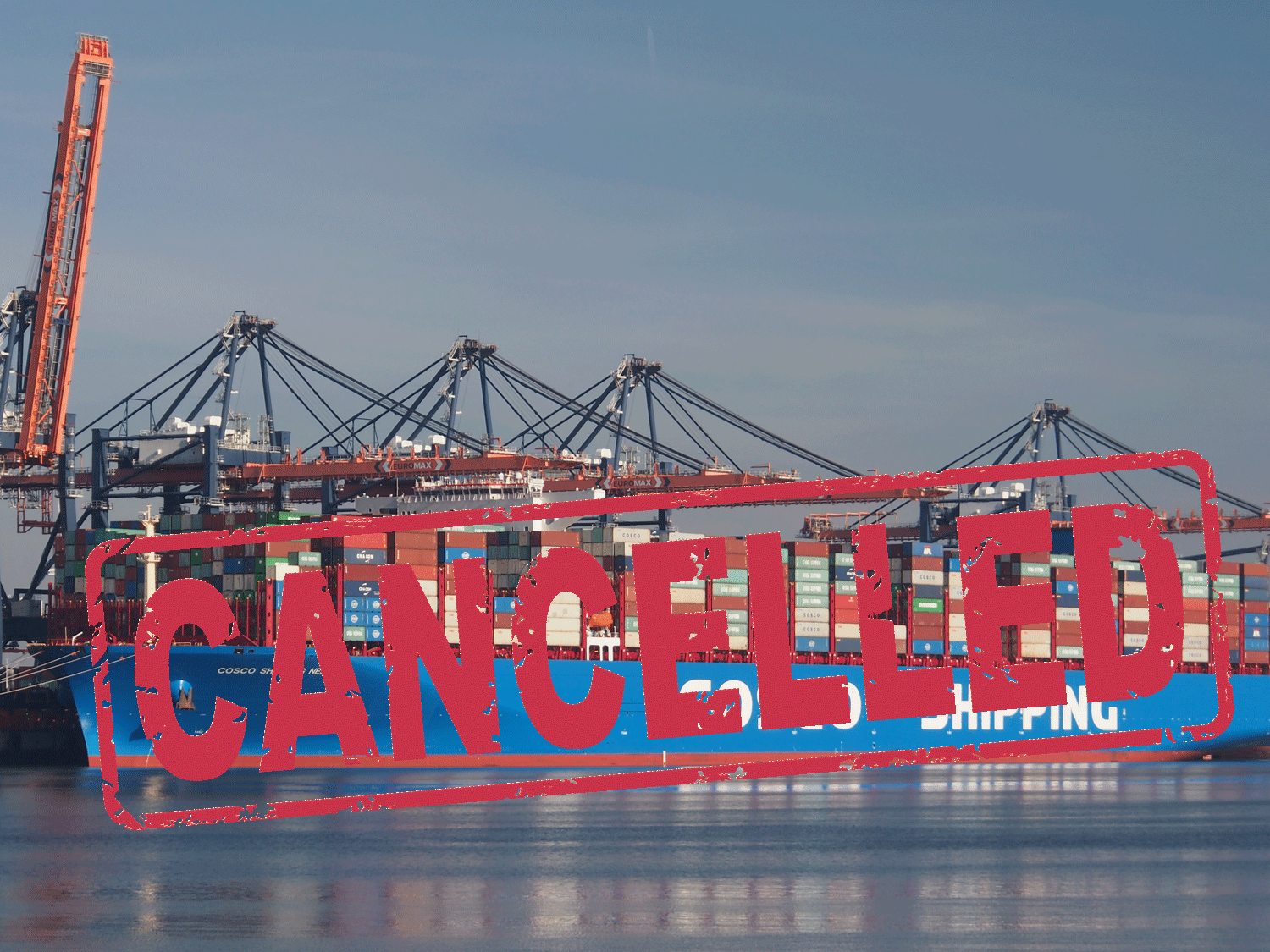In U.S. trade compliance, even a one-minute delay can be costly. Recent cases show importers and logistics partners facing thousands of dollars in penalties simply because mandatory filings were completed moments after official cut-off times.
U.S. Customs and Border Protection (CBP) has stepped up automated monitoring across all major modes. For ocean freight, the Importer Security Filing (ISF-10) and manifest submissions must be lodged 24 hours before vessel loading. In airfreight, the Air Cargo Advance Screening (ACAS) system requires pre-departure data to be transmitted electronically before goods leave origin. And for trucking, particularly on north- and south-bound cross-border movements, the ACE eManifest must be filed at least one hour before arrival at the border. In all cases, late filings, even by seconds can trigger massive penalties or cargo holds.
The increased use of digital systems means there is now almost zero tolerance for timing errors. CBP’s automated compliance tools record submission times to the second, leaving little room for discretion or appeal.
This sharper focus on procedural precision comes amid a wider enforcement drive targeting customs fraud. In a separate case this month, two executives at a Los Angeles-based wholesale clothing importer were jailed and their company hit with a multi-million dollar fine for systematically under-valuing goods to reduce duties.
The message is clear: whether it’s filing times or declared values, compliance margins have all but disappeared. To avoid finding yourself on the wrong side of a deadline lapse, it is critical that risks are mitigated:
- Integrate automated alerts in your customs-filing systems so you’re aware of lead-time requirements well in advance.
- Build a buffer into your internal processes: treat the submission cutoff as real time, and build in a buffer to allow for any delay.
- Ensure your documentation and data (B/L numbers, consignee information, classification) are final and entered before the time cut-off — incomplete entries are a common cause of last-minute corrections and delay.
The Critical Take-Away
For businesses based in the UK or EU working with U.S. supply chains, this is a reminder that compliance deadlines are not just internal housekeeping, they carry real cost. When operational bottlenecks or last-minute changes push a filing even seconds late, the financial consequences can be large. Work closely with your U.S. customers and brokers to ensure that your entry process is streamlined, accurately filed and firmly upstream of any bottleneck.
Metro’s U.S. brokerage teams combine deep CBP compliance expertise with our advanced CuDoS customs automation platform, ensuring every declaration meets filing deadlines accurately and on time. EMAIL Andrew Smith, Managing Director, to learn how our integrated systems and on-the-ground U.S. presence can help safeguard your business and keep your supply chain fully compliant.





